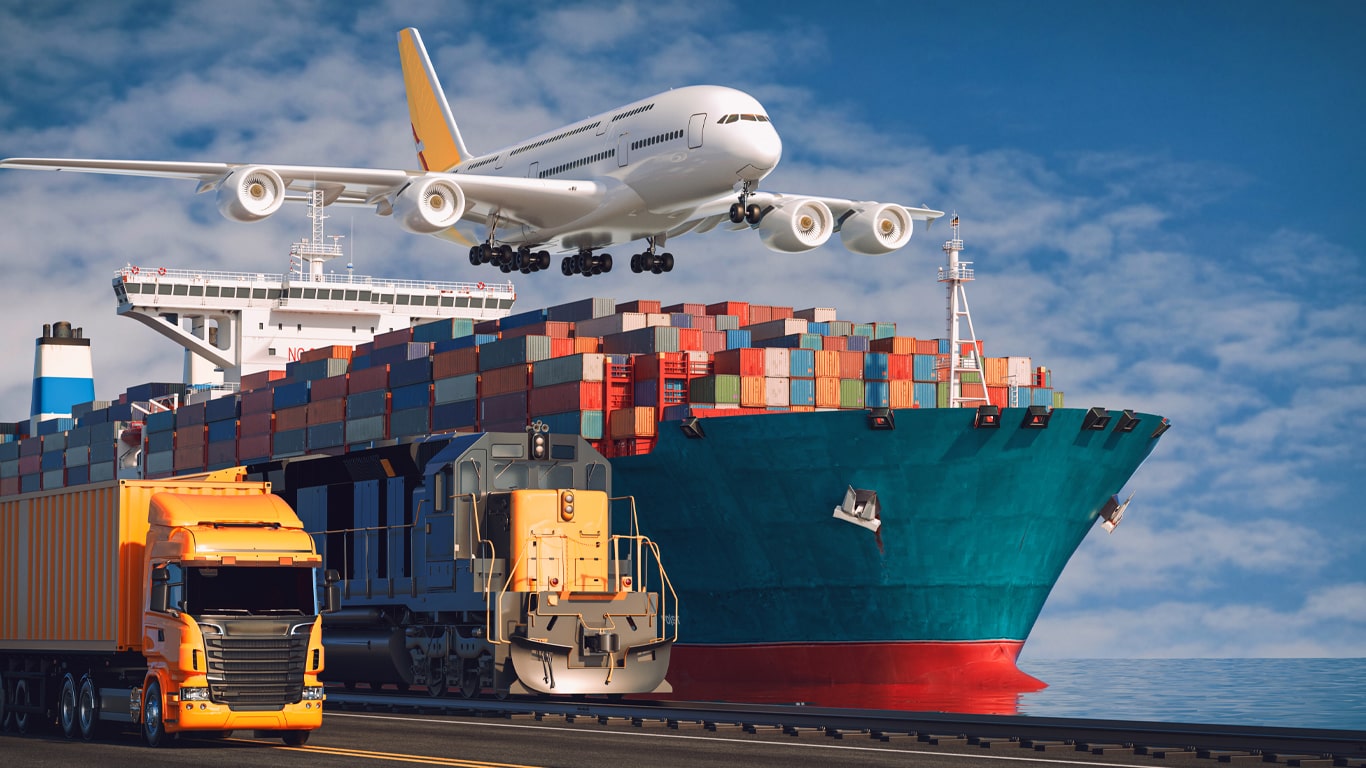.
Other permanent or long-term
characteristics
There are many other characteristics that might serve
to enhance or retard a country’s prospects for development, and hence should be addressed in a TPF.
In addition to its resource endowments (e.g. mineral
deposits and arable land), these include such diverse
factors as its climate, ecological diversity, demographic profile and susceptibility to natural disasters (e.g.
16 TRADE POLICY FRAMEWORKS FOR DEVELOPING COUNTRIES: A MANUAL OF BEST PRACTICES
hurricanes and earthquakes). Depending on the specific circumstances of a country, any or all of these
characteristics may merit close attention, together
with analysis of how they affect its prospects and what
steps might be advisable to deal with them.
Countries may be distinguished, for example, according
to their colonial heritage and the institutions that they
inherited from that past. One of the most important
of those institutions is language. In a global economy
where English is unofficially the language of commerce
and diplomacy, those countries where this tongue is
predominant may enjoy certain advantages. They may
be perceived as preferred destinations on the part of
tourists from English-speaking countries, and potential
investors from those same countries may also tend
to favour partners in which communications will be
simpler and legal systems may more closely resemble
their own. Anglophone countries may also enjoy an
advantage in the establishment of some ventures in
which language skills are critical (e.g. call centres for
reservations and customer service). The raw numbers
support a correlation between economic opportunities
and language. Among non-oil developing countries,
the average income in English-speaking countries was
$7,716 per capita in 2015. That was 35.5 per cent
higher than the levels in developing countries where
Dutch, French, Portuguese, or Spanish was spoken,
and 80.1 per cent higher than in countries where nonEuropean languages were spoken.4
While language may be considered a long-term
characteristic of a country, it can also be addressed
through education. One key issue that merits close attention in a TPF is how well the educational system of
a country serves to prepare young persons for competition in a global economy, including their facility with
languages. The same may be said for computer literacy, business and engineering skills, and other topics
that should be taught to persons about to enter the
national and worldwide marketplace of skills. The time
horizon for the payoffs in education may be somewhat
longer than those for infrastructure projects, but these
investments may ultimately be the most important
ones that a country can make in its own development.
C. RELATIONSHIP BETWEEN
INCOME, EXPORTS AND
OPEN MARKETS
What is the relationship between trade and
development? For many observers and policymakers,
the instinctive answer to that question is the simplest:
Exports are assumed to be a benefit to the country, but
imports represent a drain on national resources and
a discouragement to local industry.
That mercantilist
outlook is by no means limited to developing countries,
as variations on this theme are commonly heard in
countries at all levels of income. But is it true?
The data presented below do support the first half of
that assertion, insofar as there is a close relationship
between high levels of income and high levels of exports, but the second half is much more controversial.
Nearly all countries have sought at one time or another
to stimulate local production and employment through
restrictions on imports, including most countries that
are now either developed or among the higher-income developing countries. It is only at later stages
that countries typically move towards a more market-oriented approach, including the autonomous or
negotiated reduction of their trade barriers. There are
nonetheless a few examples of successful countries
that committed themselves early to open markets, as
well as evidence to suggest that restrictions on imports may be self-defeating. Protection can be costly
not only to consumers but to export-oriented industries, introducing an anti-export bias in an economy.
The ideas and information presented in this section
cannot resolve the perennial debate over what type of
trade policy will best promote economic development.
It nevertheless seeks to summarize the key points in
that debate by reviewing the data on how development
is associated with exports and economic freedom,
relating the arguments advanced by the principal
schools of thought and comparing the experiences of
a few success stories.

